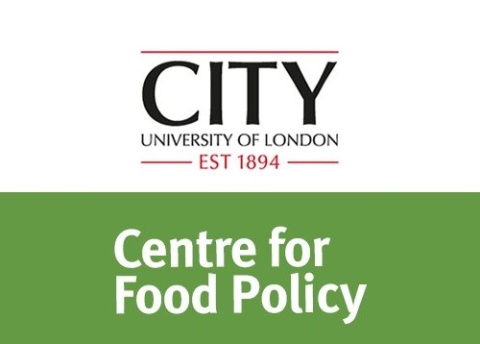
Organiser's description (via Centre for Food Policy):
Speaker: Tim Lang, Professor Emeritus of Food Policy, Centre for Food Policy, City, University of London
The term resilience means the capacity to bounce back from shock. But is it a return to normality or towards something new? I propose that by adding the word ‘civil’ to create the term ‘civil food resilience’ we can begin to focus more on what ultimately matters. The people. Society itself and its dependencies. The UK official approach to food resilience risks assuming it’s the maintenance of current normality and can be fixed by emergency services. In fact, food is already in a chronic rather than acute state. This chronic normality is already in trouble with geopolitics, ecosystems stress, social and health divisions, land use, cost of living pressures, mass consumer expectations, and much more. Civil food resilience points to some significant positive change to food systems: better recognition of food risks, a shift from Just-in-Time to Just-in-Case logistics; more diversification and perhaps bio-regional decentralisation; engagement with the public; and more devolved food democracy. These sound abstract but are very practical. If individualised consumerism has encouraged us to look after ourselves, what happens if there is collective shock? Civil food resilience perhaps requires us to think ‘we, we, we’ not ‘me, me, me’.
The talk will be followed by an online Q&A session.
Tim Lang is Professor Emeritus of Food Policy at City, University of London’s Centre for Food Policy which he founded in 1994. Hill farming in Lancashire in the 1970s formed his interest in the relationship between food, health, environment and culture which he’s worked on ever since. He’s a Fellow of the Faculty of Public Health, President of Garden Organic and was PI and then Senior Advisor to the Food Research Collaboration linking academia with civil society, 2013-23. He was policy lead on the EAT-Lancet Commission 2019 report, and his latest book is Feeding Britain (Pelican pb 2021). Most recently he has been working on a report on how to improve civil food resilience and defence.

